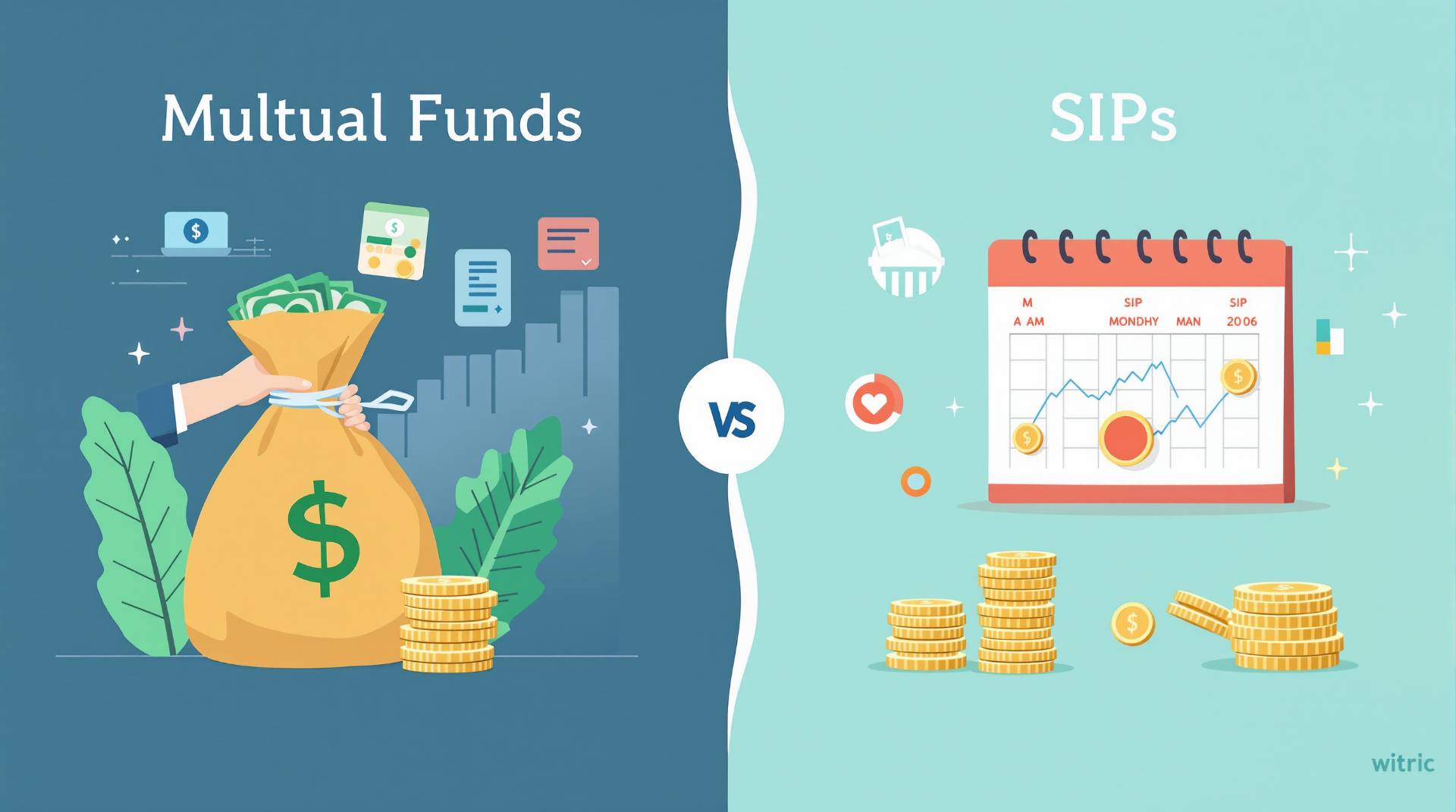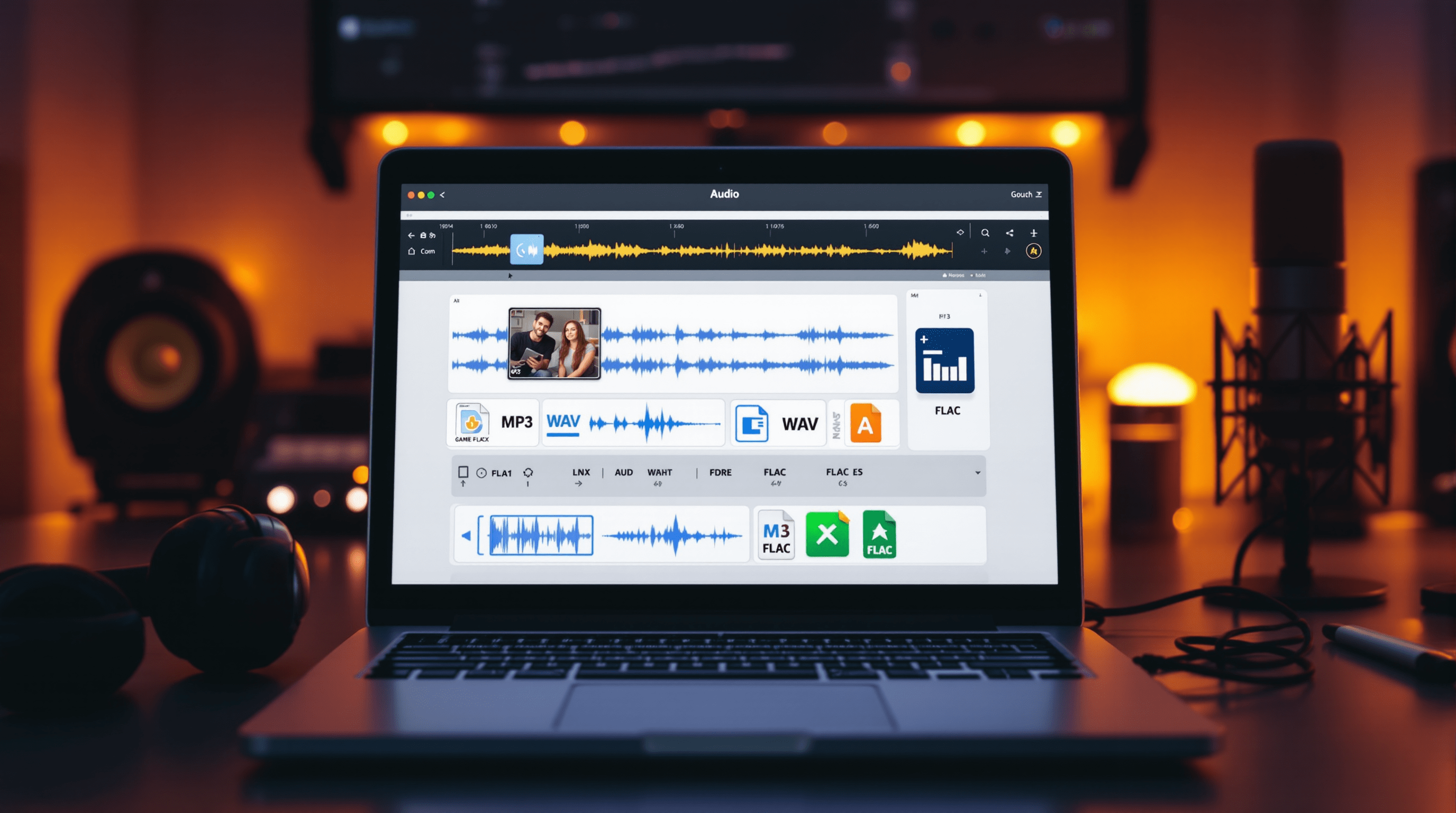Mutual Funds vs SIPs: Which Investment Plan Is Better for You?

Let’s face it, making money is hard, but growing money smartly is even harder. Between rising expenses, unpredictable markets, and the pressure of planning your future, it's no wonder most people feel overwhelmed when it comes to investment plans.
That’s where two popular choices stand out: mutual funds and SIPs (systematic investment plans).
But are they the same? Which is better for you in 2025? And how do you use them to build real wealth, especially for long-term goals like retirement?
In this article, we’ll clear the confusion once and for all. We’ll break down what mutual funds and SIPs are, how they differ, how to choose the right one, and how you can plan your investments more accurately using an SIP calculator tool.
What Are Mutual Funds?
A mutual fund is an investment vehicle that collects money from multiple investors and uses that money to invest in a diversified basket of assets like stocks, bonds, or money market instruments.
Think of it like a buffet. You pay for a plate (invest your money), and a professional chef (fund manager) decides what combination of food (assets) to put on your plate to give you the best taste (returns).
Why Mutual Funds Are Good:
- Diversification: Spreads your risk across sectors and assets
- Professional Management: Experts manage your money
- Accessibility: Start with amounts as low as $100
- Flexibility: Choose from equity, debt, hybrid, tax-saving, and index funds
So yes, mutual funds are good, especially if you want a hands-off way to grow your wealth.
What is SIP (Systematic Investment Plan)?
A Systematic Investment Plan (SIP) is not a product but a method to invest in mutual funds.
Instead of investing one big lump sum, SIP allows you to invest small, fixed amounts regularly (monthly, weekly, or quarterly) into a mutual fund. It’s like setting up a recurring deposit—only the money is going into the market.
Why SIPs Are Best:
- Encourages financial discipline
- Helps in dollar-cost averaging
- No need to time the market
- Ideal for long-term investment plans, especially retirement
In other words, SIPs are designed for people who want to build wealth slowly, steadily, and smartly.
Mutual Funds vs SIPs: Breaking the Myth
Here’s a truth bomb: SIP and mutual funds aren’t competitors. SIP is a way of investing in mutual funds.
Let’s simplify it:
| Feature | Mutual Fund (Lump Sum) | SIP |
|---|---|---|
| How You Invest | One-time investment | Regular monthly investment |
| Amount | Requires a large sum | Can start with $100/month |
| Timing Risk | High if market drops post-investment | Low due to rupee-cost averaging |
| Discipline | Depends on the investor. | Automatic, consistent |
| Best For | Windfalls, bonuses | Salaried individuals, students |
| Goals | Short-medium term | Long-term retirement planning |
So when choosing between mutual funds and SIPs, think of your cash flow, goals, and timeline. Want to invest your Diwali bonus? Go for a lump sum. Want to save monthly for your kid’s college? Go with an SIP.
How to Use the Superfile.ai SIP Calculator
The SIP Calculator on Superfile.ai helps you estimate the future value of your monthly investments with ease. Here's how to use it:
- Enter Monthly Investment – Input how much you plan to invest each month.
- Enter Expected Annual Return (%) – Provide your estimated yearly return rate (e.g., 12%).
- Enter Investment Duration (in years) – Specify how long you intend to invest.
- Click "Calculate" – Instantly see your total invested amount, estimated returns, and final corpus.
No login required, 100% browser-based, and completely free to use.
How to Choose the Best Mutual Funds to Invest In
Not all funds are created equal. Some are aggressive, others are conservative. Here’s how to filter the mutual funds to invest in:
Key Factors:
- Fund Type:
- Equity Funds (High returns, more risk)
- Debt Funds (Low risk, stable returns)
- Hybrid Funds (Mix of equity + debt)
- Index Funds (Follows a fund's index like NASDAQ or DOW)
- Track Record: Check 5–10 year performance
- Expense Ratio: Lower costs mean more returns
- Fund Manager Expertise: Research the track record of the people managing your money
- AUM (Assets Under Management): Larger AUM often means more stability
Pro Tip: New to investing? Start with index funds; they mirror market performance with minimal charges and consistent results.
Final Thoughts
SIPs and mutual funds are not rivals, SIPs are simply a way to invest in mutual funds consistently over time.
If you earn a regular income and want to build long-term wealth without worrying about market timing, SIPs are ideal. They promote financial discipline, reduce risk through rupee-cost averaging, and make investing a habit.
If you have a lump sum from a bonus, gift, or savings and are comfortable with short-term market fluctuations, a lump sum mutual fund investment can work well too.
Many investors use both: SIPs for stability and lump sums for opportunity.
The most important step is to start investing early, stay consistent, and align your method with your financial goals.
Tags: investment plans, investment plan retirement, mutual funds, mutual funds good, mutual funds best, mutual funds to invest in, sip, funds, funds index, word to pdf tool, word to pdf converter, convert resume to pdf
Recent Posts

JPG, PNG, or WebP? Choosing the Right Format After Compression
23 hours ago

How to Split Large PDF Files into Smaller Parts Easily
5 days ago

Common Regex Testing Mistakes (and How to Avoid Them)
6 days ago

Why Audio Converters Are a Game-Changer for Creators
1 week ago

Why Every Business Needs a Website Uptime Checker in 2025
2 weeks ago

Case Letter Converter: Make Your Text Look Instantly Polished
2 weeks ago
